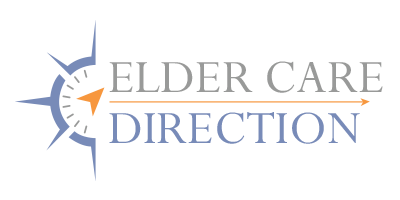Assisted living can cost from $2,000 to $5,000 per month, and Medicare does not pay for it. If your loved one will need long-term care, it is important that you understand how he or she might pay for it. The professionals at Elder Care Direction are available to help you with planning. Here are some ways that you might be able to help your loved one pay for the care that he or she might need.
Long-term care insurance
If your loved one owns a policy for long-term care insurance, it should pay for the cost of assisted living. You will want to check his or her policy to make certain that it does not specify that it only pays for skilled nursing care, however. If your loved one’s insurance company initially denies the payment, you may need to advocate for him or her in order to gain approval. The benefits available from long-term care insurance will vary depending on your loved one’s policy.
Life insurance
Your loved one may be able to use his or her life insurance policy to pay for care. You can ask the agent about whether it offers living benefits or can be accelerated or cashed out. If the company won’t agree to cash it out, your loved one might be able to sell it to another company to receive a life settlement.
Veterans benefits
If your loved one is a military veteran, he or she may be eligible to receive benefits to pay for care. People who have suffered injuries from their service will easily qualify. Those that haven’t may still be eligible to receive aid and attendance benefits to pay for a portion of the assisted living costs. These benefits are available to disabled surviving spouses and veterans. The veterans must have served a minimum of 90 days of active duty or at least one day during a war. Your loved one must file an application with the Veterans Administration.
Selling the home
If your loved one will not leave anyone behind to live in his or her home, he or she can sell it to pay for assisted living. Renting it out may also be an option.
Reverse mortgages
A reverse mortgage may be an option for an elderly person who needs assisted living but who has a spouse who will remain in the home. This lets your loved one borrow money against the built-up equity in the home. When the last person no longer lives in the home, the money will need to be repaid, or the home will need to be sold.
Bridge loan
Bridge loans are short-term loans that are designed to pay for assisted living while people are waiting for their property to be sold or for their pension to be approved.
Private pay
If your loved one is financially able, he or she can pay for the cost of assisted living out of pocket. However, most people are unable to afford this option for very long.
Annuities
Annuities may provide an ongoing income for a set period. You place a lump sum with the annuity’s underwriters and then receive ongoing monthly payments.
Medicaid
If your loved one meets the income and asset limits and is otherwise eligible, he or she may qualify for Medicaid. However, the program is not required to pay for assisted living. You will need to check the rules in your loved one’s state to find out what Medicaid might pay for assisted living care.
Paying for assisted living care can require advance planning. If you believe that your loved one might need this type of care, talk to the professionals at Elder Care Direction for help by scheduling a consultation.







